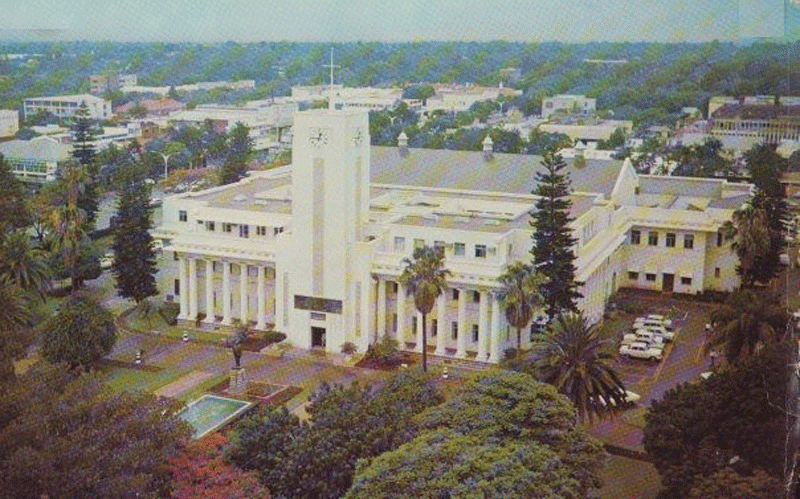
WE reported yesterday that Bulawayo City Council will embark on a week-long clean-up campaign to rid the central business district (CBD) and suburbs of accumulated waste.
The exercise will run from October 1 to 7 and is dubbed “Big Spring Cleaning”. It is a brainchild of newly-elected mayor David Coltart. In a notice, the city invited stakeholders to partner the city by selecting an area that they can clear waste during this campaign. They can also provide front-end loaders and/or trucks for clearing waste during the campaign.
Residents and corporates should rally behind Coltart who has gained reputation for refusing the trappings of power.
It is everyone’s responsibility to ensure that we have clean environs.
The one-week clean-up campaign by Bulawayo is a noble initiative that can be replicated throughout the country as uncollected garbage has removed the glow from most cities and towns.
Harare has long lost its Sunshine City status with mounds of uncollected garbage in areas such as First Street, once a prime location for corporates. The situation is worse in the high-density suburbs where residents dump litter at open spaces.
The new administration running Harare has identified waste management as one of the quick wins in the council’s first 100 days in office. It plans to remove all illegal dumps in the residential areas and, declaring the CBD a litter-free zone. It said street cleaners have been deployed and expect to install over 1 500 pole litter bins at intersections and high traffic areas.
However, its approach to service delivery has been questioned, notwithstanding that residents religiously pay their rates every month. That local authorities are facing challenges in maintaining cleanliness in the cities and towns is not in dispute. Most of them, however, blame their incompetence on non-payment of bills by ratepayers.
- Revisiting Majaivana’s last show… ‘We made huge losses’
- Edutainment mix: The nexus of music and cultural identity
- ChiTown acting mayor blocks election
- Promoter Mdu 3D defends foreigners 30 minute set
Keep Reading
The biggest defaulters are government ministries and departments, yet they demand flawless service from the local authorities.
On that score, we implore all ratepayers to pay up so that local authorities have no one else to blame when they fail to execute their mandate.
Local authorities should also organise themselves. The era of buying top-of-the-range vehicles for executives at the expense of service delivery is long gone.
The local authorities must show commitment to service delivery and other stakeholders can chip in. We have heard stories of residents that pool resources together to help local authorities fix water challenges.
The approach by Bulawayo should not be a one-week event but inculcated in residents and local authorities.
We have had similar programmes before that later fizzled out. In 2018, President Emmerson Mnangagwa introduced a national clean-up campaign in which government ministries, departments and agencies and corporates would clean the areas they operate from on the first Friday of each month. The exercise has run out of steam.
We have a collective responsibility to maintain cleanliness in our localities.







